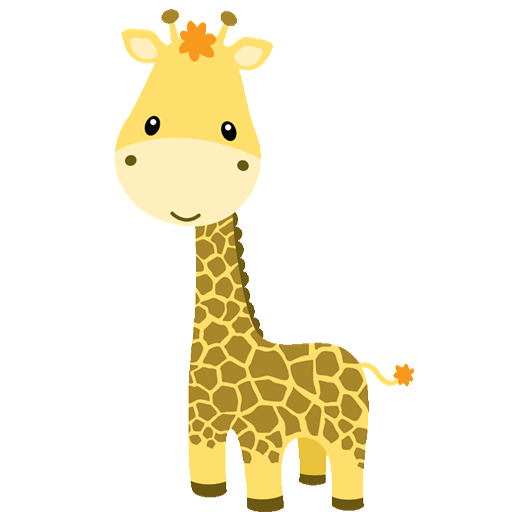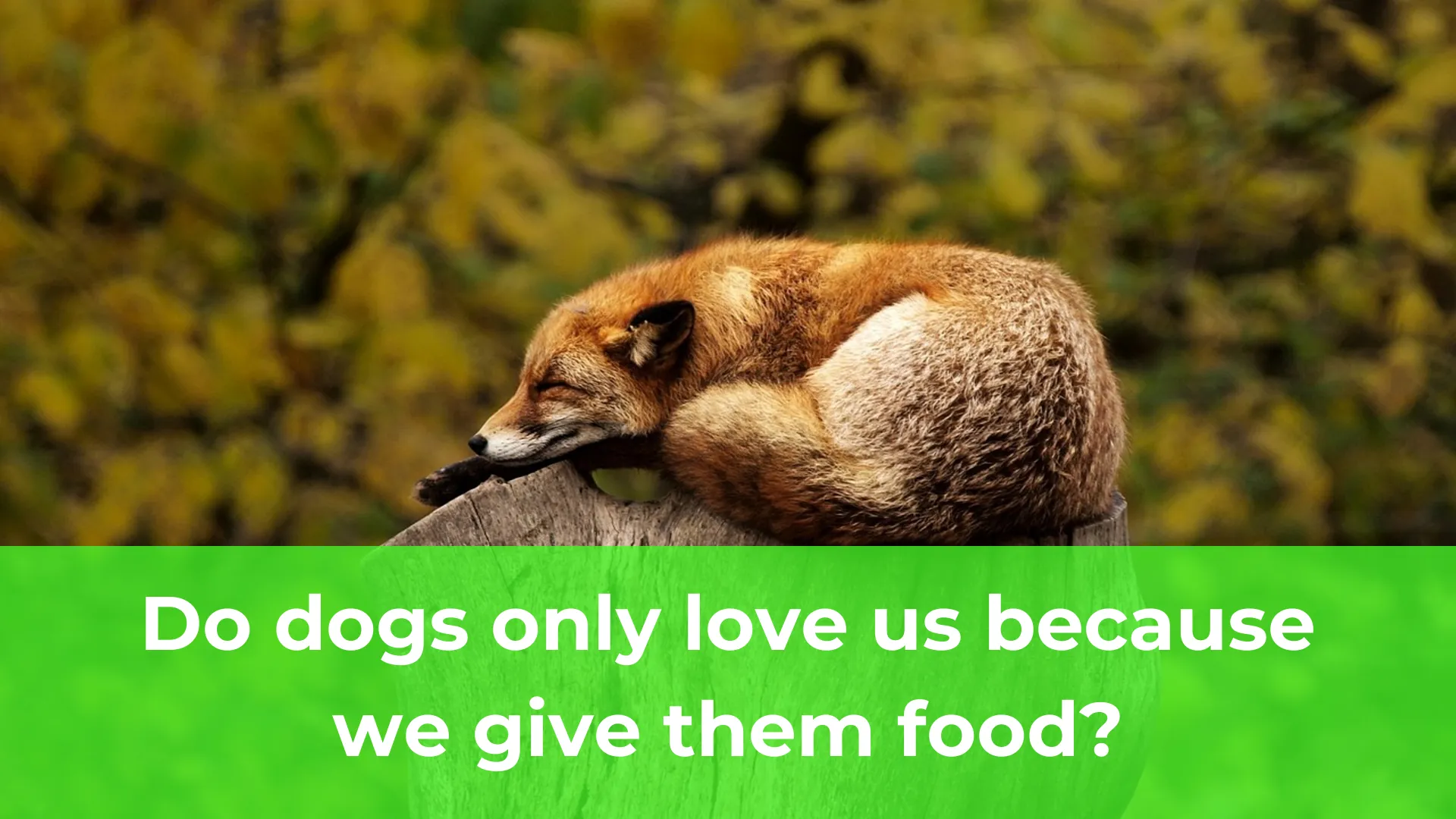Do dogs only love us because we give them food?
Do dogs only love us because we give them food?
Dogs have long been known as man’s best friend, but is their loyalty solely driven by their stomachs? Many pet owners wonder if their furry companions truly love them or if their affection is primarily motivated by the food and treats they receive. While it is true that dogs have a strong instinctual desire for food, there is much more to their love and devotion than mere sustenance.
The bond between humans and dogs is built on more than just a transactional relationship centered around food. Dogs are social animals that have evolved alongside humans for thousands of years, forging a deep emotional connection. They possess an innate ability to sense our emotions and respond to our needs, offering comfort and companionship in times of sadness or distress. Dogs genuinely enjoy our company, seeking our attention, praise, and physical touch, which goes beyond their basic need for nourishment.
1. The Power of Food: Unraveling the Connection Between Dogs and Humans
Dogs have long been considered man’s best friend, but what is it about our furry companions that makes them so special? Recent scientific studies have revealed a fascinating connection between dogs and humans that goes beyond mere companionship. It turns out that the power of food has played a significant role in strengthening the bond between the two species.
Research has shown that sharing meals has a profound impact on the relationship between dogs and humans. When dogs and humans eat together, a chemical called oxytocin is released in both parties. Oxytocin is often referred to as the “love hormone” because it is associated with feelings of trust and affection. This hormone is responsible for creating a sense of closeness and bonding, making mealtime a crucial activity for strengthening the human-dog connection.
Furthermore, the act of feeding a dog has been found to activate the reward centers in the human brain. Similar to how we feel pleasure when we eat our favorite foods, feeding our furry friends triggers a similar response. This rewarding experience reinforces positive emotions and strengthens the bond between dogs and humans. It’s no wonder that many pet owners consider mealtime with their dogs to be a cherished ritual.
2. Unveiling the Truth Behind a Dog’s Love: Is It All About the Food?
They say a dog is a man’s best friend, and it’s not hard to see why. Dogs have an incredible ability to show love and loyalty to their owners. But have you ever wondered if their affection is purely motivated by the food they receive? In this article, we will delve into the fascinating world of a dog’s love and explore whether it is truly just about the food.
It is undeniable that food plays a significant role in a dog’s life. From the moment they wake up, dogs eagerly anticipate their meals, wagging their tails and drooling in anticipation. It’s no wonder that some people believe that food is the sole driving force behind a dog’s love. However, this simplistic view fails to capture the complex emotions and behaviors that dogs exhibit towards their owners.
Studies have shown that dogs form deep emotional bonds with their human companions. They seek physical touch, such as petting and cuddling, and enjoy spending quality time with their owners. This emotional connection extends beyond food-related activities, such as mealtime. Dogs have been known to show love and affection even when food is not involved, such as when their owners return home after a long day or when they simply want to be close to them. This suggests that there is a genuine emotional bond between dogs and humans that goes beyond mere hunger.
3. Canines and Cuisine: Exploring the Relationship Between Dogs and Nourishment
When it comes to our furry friends, dogs have always been known as man’s best friend. But did you know that their relationship with us goes beyond companionship? Dogs have played a significant role in our history when it comes to nourishment. From the days of hunting together to modern-day commercial pet food, canines and cuisine have a long-standing connection.
One of the earliest examples of the bond between dogs and nourishment can be traced back to the days of early humans. Before the advent of agriculture, humans relied on hunting for survival. In these hunts, dogs proved to be invaluable companions, helping humans track down and capture prey. They were not only loyal hunting partners but also efficient in their roles, using their keen senses and instincts to assist their human counterparts.
Fast forward to the present day, and we can see the influence of dogs on our eating habits and culinary industry. Dog-friendly restaurants and cafes have become increasingly popular, where pet owners can dine out with their four-legged companions. Furthermore, the rise of gourmet pet food and specialized diets for dogs reflects our desire to provide them with the best nourishment possible. The bond between dogs and nourishment continues to evolve, making them an integral part of our culinary culture.
4. Beyond the Bowl: Understanding the Complexities of Love in Dogs
For dog owners, the bond they share with their furry companions often goes beyond the routine of feeding and walking. In fact, the complexities of love in dogs can be surprisingly deep and profound. From their unwavering loyalty to their ability to empathize with human emotions, dogs have a unique capacity for love that transcends the confines of a simple pet-owner relationship. In this article, we delve into the fascinating world of canine emotions and explore the ways in which dogs express their love and affection for their human counterparts.
While some may dismiss the idea of romantic love in dogs as anthropomorphism, scientific studies have revealed intriguing evidence to suggest otherwise. Studies have shown that dogs experience a surge of oxytocin, often referred to as the “love hormone,” when they interact with their owners. This hormone is responsible for bonding and creating a sense of attachment, similar to the way it functions in human relationships. Additionally, dogs exhibit various behaviors that indicate their affection, such as tail wagging, licking, and leaning against their owners. Understanding these complexities of love in dogs not only strengthens the human-animal bond but also sheds light on the incredible emotional capacity of our beloved four-legged friends.




